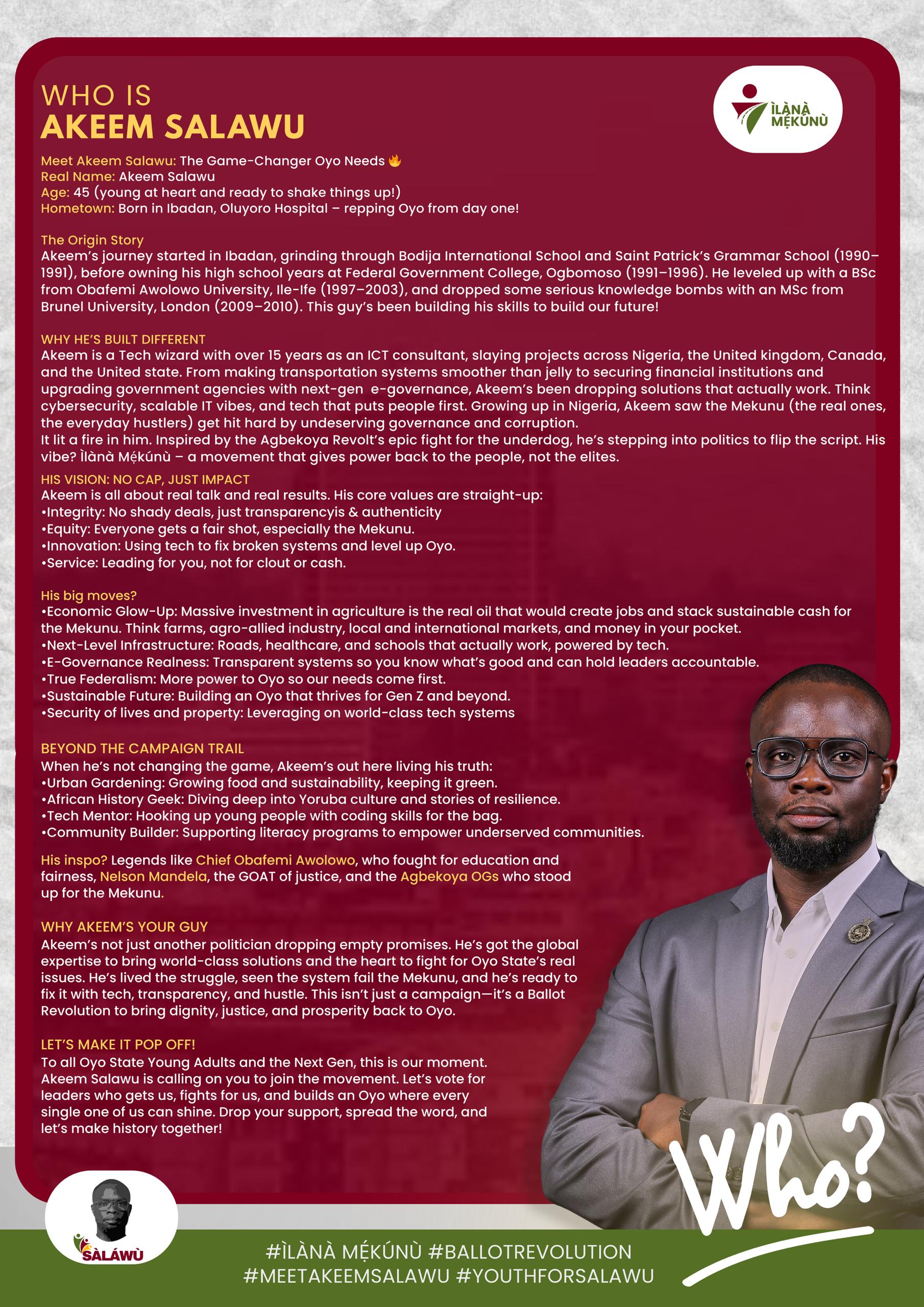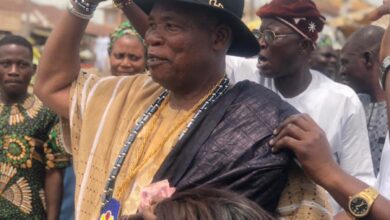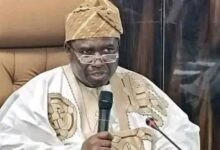
Conservative Party leader Kemi Badenoch has attracted attention online for her conflicting statements regarding her Nigerian Heritage, despite her pleas to Nigerian community for support during her election campaign, Kemi Badenoch now asserts that she does not identify as Nigerian and has not renewed her Nigerian Passport since the early 2000s. This recent stand by Kemi has raised an essential question: Why did she seek the support of Nigerians in the first place?

It is true that Kemi Badenoch was born in the United Kingdom, however, she was borne by Nigerian parents and she spent her early life in Nigeria. Her family later moved to the United States before returning to England when she was 16 years old. Although Kemi BADENOCH’S movement alongside her family back to the UK was influenced by the deteriorating political and economic conditions in Nigeria, as well as her desire to continue her education.
Fact remains that home will always be home irrespective of how bad a situation must have made one leave, your roots are your foundation and define your identity, shaped by your family history and ancestry. Can Kemi change her entire family? Can she drain the African/Nigerian blood in her system? It is okay to be angry but denying your entire lineage is not proper.

During a recent interview on Gyles Brandreth’s Rosebud podcast, Kemi Badenoch stated, “I am Nigeria through ancestry, but by identity, I’m not really”, yet she came online to seek support from the Nigerian community during her campaign, the internet doesn’t forget as this remark as stirred considerable debate, especially against the backdrop of her i ritual outreach to Nigerian community during her campaign. The internet has a long memory, and social media users have eagerly highlighted the apparent hypocrisy in her actions.
These statements by Kemi have not gone unnoticed by critics , including Nigeria’s vice president, who havre expressed their discontent over her comments about Nigeria who have accused her of denigrating the country. The crux of this issue lies in the expectations placed on political figures and their identities in multicultural societies. Many politicians seek authenticity from their representatives.
As with the narratives, the discourse around Kemi Badenoch’s identity identity. For a politician in a diverse society, the challenge lies in balancing personal history with public perception, particularly in a world where social media can amplify voices, a politician’s journey, statement and identity become entwined in a narrative that the public closely scrutinizes. Kemi Badenoch’s Poltical future may depend on how she addresses her heritage moving forward will likely play a crucial role in shaping her political legacy and her relationship with both the Nigerian community and her constituents at large.









